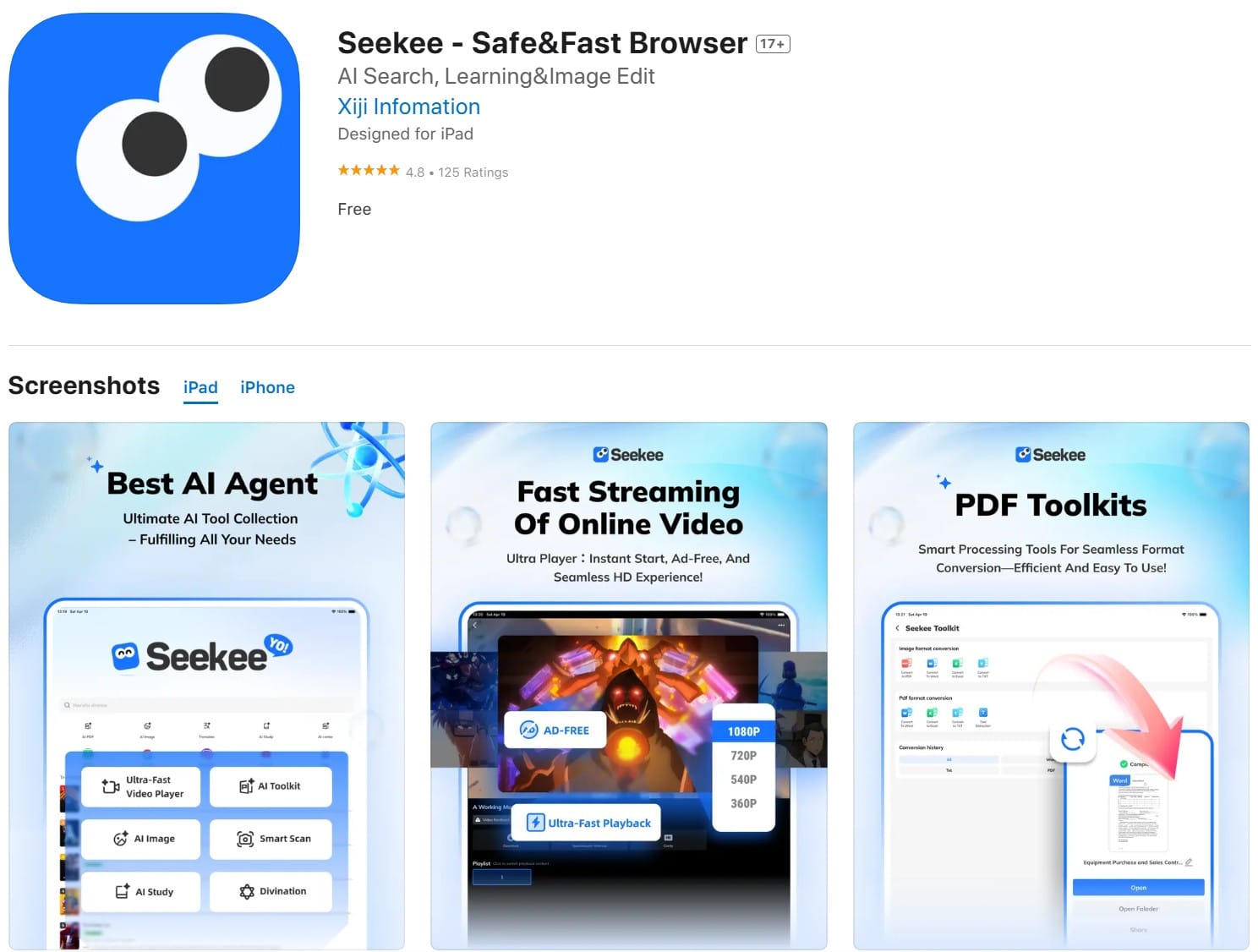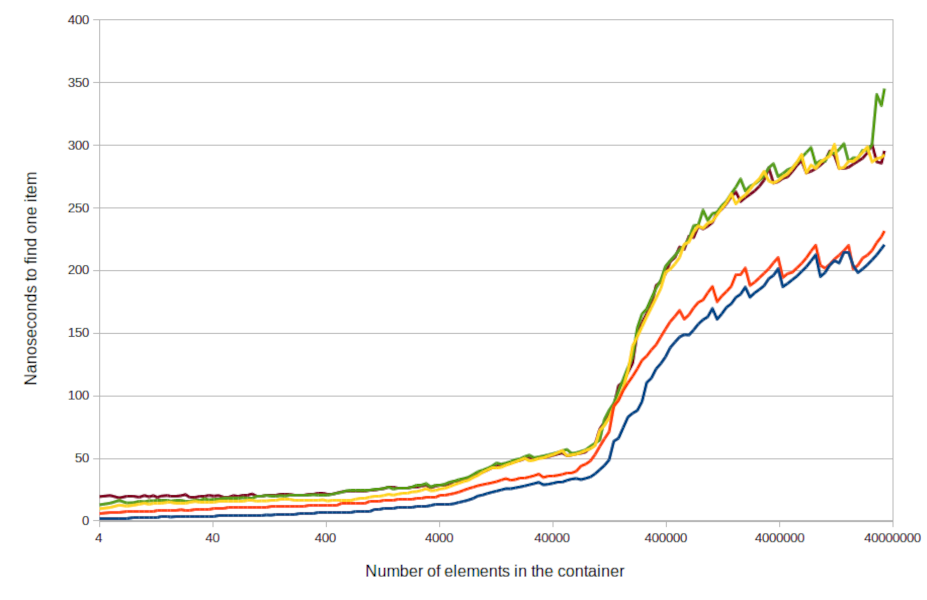The Rise of Seekee: A Piracy-Optimized Browser Raising Eyebrows

In todays digital landscape, virtually any modern web browser has the capability to stream pirated movies and TV shows; however, the ease of access varies significantly between different browsers. One app that has recently caught significant attention is Seekee, which is accessible on iOS and indirectly available for Android users. This application brands itself as a browser enhanced by artificial intelligence (AI) and high-speed video streaming capabilities. Its distinct feature is the ease with which users can find and watch pirated content, which is meticulously organized for optimal viewing enjoyment. But this convenience raises serious ethical and legal questions: at what cost does this accessibility come?
The advent of the internet has dramatically transformed the way people consume video entertainment, making it more accessible than ever. With a plethora of legal streaming services constantly introducing new content, viewers today are spoiled for choice. However, this abundance of options can lead to a dilemma: the mounting costs associated with multiple subscription fees. As a result, many users are turning to pirate streaming sites and services, leading to a surge in their popularity.
Copyright holders, particularly in Hollywood, are scrambling to combat this rising issue through various enforcement measures. This has led to both large-scale crackdowns and smaller, localized successes, yet new challenges continuously arise, often appearing in the most unexpected forms.
A Piracy Optimized Browser?
The Seekee app has garnered considerable attention, particularly on social media platforms where users have pointed out its remarkable ability to access pirated content. The application promotes itself as a fast and secure browser, boasting built-in AI features. However, the core attraction appears to be its extensive entertainment offerings, easily accessible through a simple click on the tabs labeled movies and series and animes.
Upon clicking these tabs, users are directed to a curated overview of trending content that they can stream instantly. Notably, there is no indication that Seekee hosts any of the content it links to; instead, it organizes videos sourced from third-party pirated platforms for user convenience. Searching for legal alternatives proves to be quite a challenge; for example, when we looked up The Last of Us, we had to sift through a multitude of pirate sources before we ultimately found the Wikipedia and IMDb entries buried beneath them.
In a bid to provide a comprehensive viewing experience, users can also find offerings from legitimate streaming platforms such as Netflix, Prime Video, and Max. However, links to these official services are conspicuously absent from the top results.
Hot Streaming
The pirated videos we explored were being streamed from an unfamiliar domain, h5.swplayer.com, alongside similar variants. Users can enjoy subtitles and original audio options, with many videos also available in Portuguese and Spanish. This may contribute to Seekees popularity in Latin America, as evidenced by its traction on social media and coverage in the press.
Google Play & iOS App Store
As of the time of writing, the Seekee app had achieved five million downloads on the Google Play store, most of which occurred in the same month. However, this surge in popularity may have prompted too much scrutiny, leading to the app's removal without any official explanation, likely as a response to complaints from rights holders. While the app is no longer available in Google Play, APK versions still circulate online.
On the iOS platform, Seekee continues to be available, described as a fast and secure browser featuring intelligent search capabilities, AI content creation, and multimedia processing options, including the mentioned streaming features. The iOS listing promotes the app as one that allows users to easily search for movies and TV content across the web, providing accurate and reliable results. With a vast library that is updated daily, the app claims to offer seamless entertainment access anytime and anywhere.
Seekee is developed by the Chinese company Xiji Information Technology Co., Ltd., which has established a web presence complete with a privacy policy and user agreement. We reached out to the company for additional insights into its unique services, but unfortunately, did not receive a response.
At What Cost?
Beyond the issue of copyright infringement, utilizing new apps from lesser-known developers entails its own set of risks. In the case of Seekee, the privacy policy reveals that users are required to relinquish a substantial amount of personal information. This includes, but is not limited to, advertising IDs, cookies, IP addresses, social media identifiers, device model names, and various system and network details.
This extensive data collection is not entirely unique in the app landscape; many applications outline similar practices in their privacy policies. However, it raises concerns regarding the true cost of free apps: if users are not paying with money, they are likely paying with their data, becoming the product instead of the consumer.
Apps like Seekee can quickly amass millions of users, particularly with the assistance of social media buzz. Yet, those who jump on the bandwagon should remain acutely aware of the potential risks and trade-offs involved, especially when the app offers little to no advertising.
Ultimately, even in a world where streaming content is omnipresent, someone stands to profit from the app's operations. Unfortunately, it is not the creators of the films, series, and anime that benefit, but rather obscure entities operating from unknown locations.


























